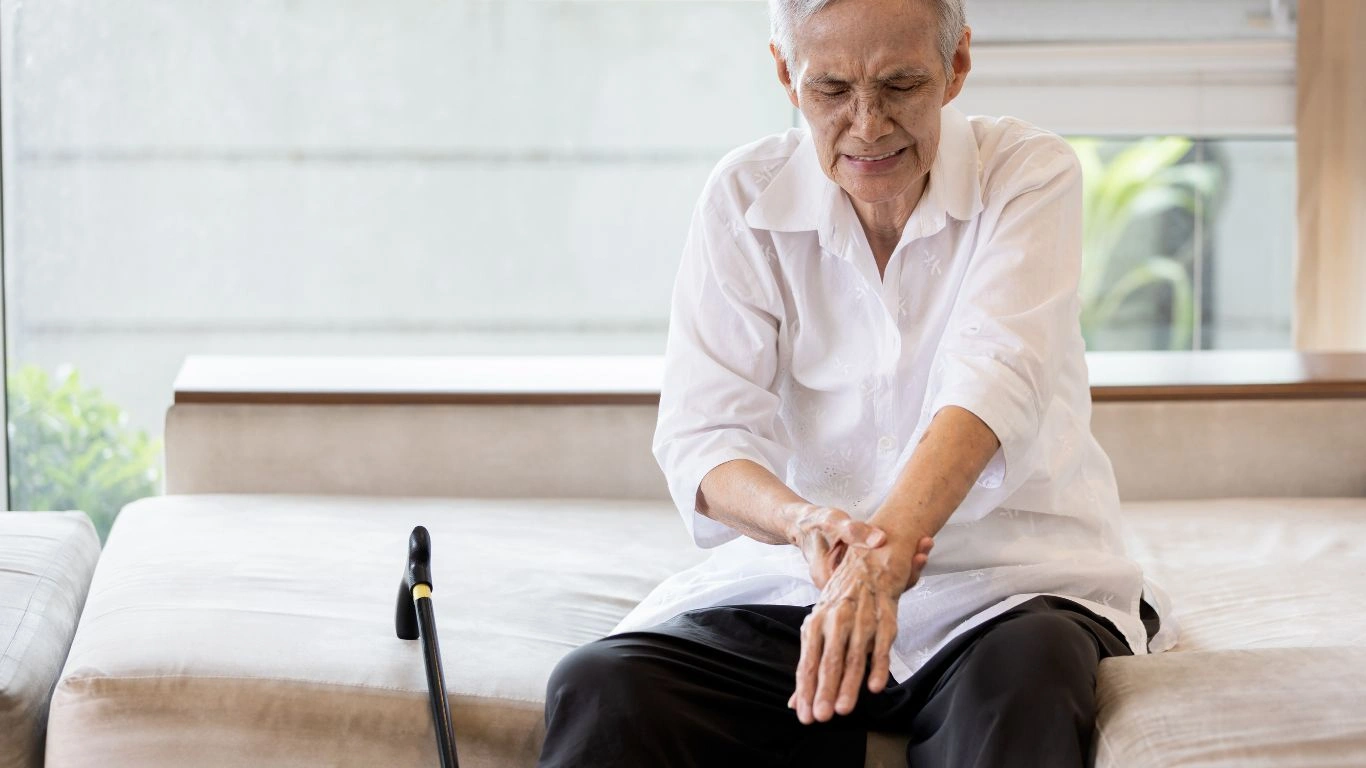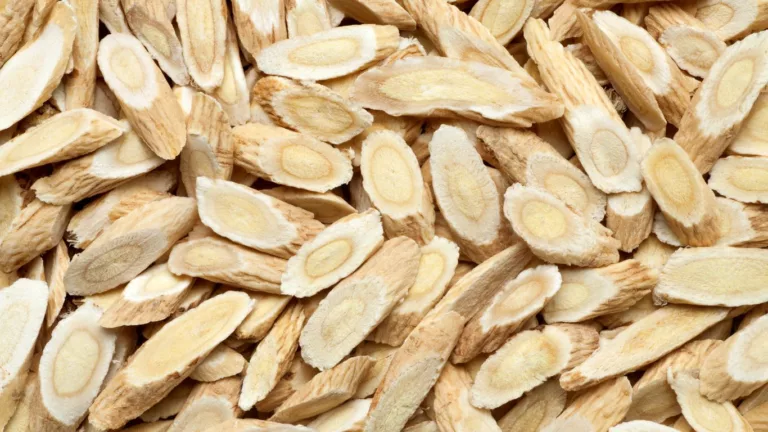Why RA and hydration importance matters for better symptom control
It’s wild how something as simple as water—something we take for granted every day—can play such a critical role in managing a complex disease like rheumatoid arthritis (RA). As a Rheumatology nurse practitioner, I’ve lost count of how many times I’ve sat across from patients who were surprised to hear me emphasize hydration right alongside medication and movement. But honestly, when we talk about RA and hydration importance, we’re talking about a non-negotiable piece of the puzzle. Your joints, your immune system, even your energy levels—all of it ties back to how well-hydrated you are.
Why Hydration Should Matter to Everyone Living with RA
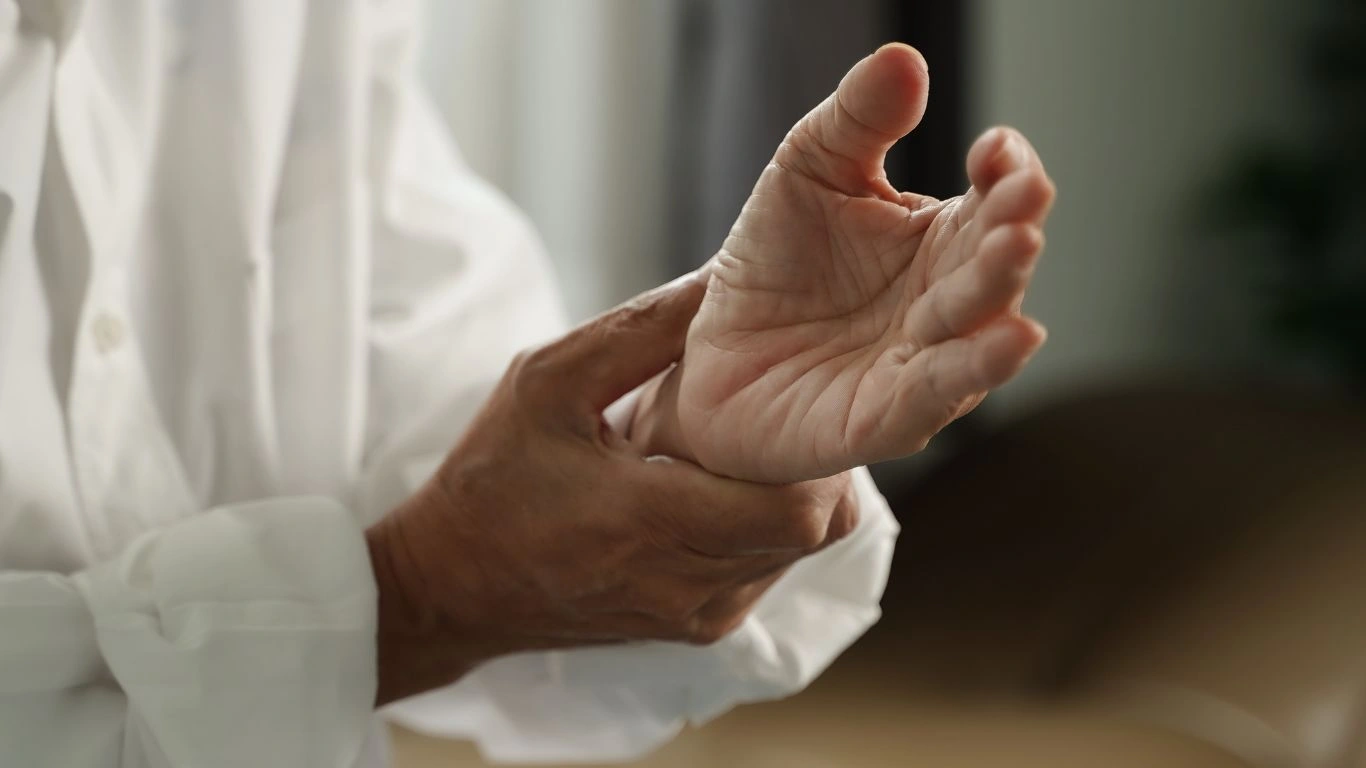
The Body on RA: Inflammation’s Sneaky Impact
Here’s the deal—RA is an inflammatory autoimmune disease, meaning your body’s defense system gets a little confused and starts attacking healthy joints. This leads to pain, swelling, stiffness, and fatigue. Now throw dehydration into that mix, and you’ve basically handed inflammation a megaphone. Dehydration can thicken the synovial fluid that cushions your joints, making movement even more painful and less fluid (pun intended, sorry!).
Plus, your kidneys need enough water to flush out waste and toxins. If they’re not getting that, inflammatory by-products tend to hang around longer. In other words, not drinking enough water might be subtly fueling the very symptoms you’re trying to manage. I’ve seen it firsthand—patients who increased their water intake often reported less stiffness in the morning and fewer flare-ups over time.
What Happens When You Don’t Drink Enough?
When you’re dehydrated with RA, it’s not just dry mouth and fatigue you’re dealing with. You’re adding fuel to the inflammation fire. Here’s what I often explain to my patients:
- Joint pain gets worse: Less water means less lubrication, which makes stiff joints feel like they’re grinding.
- Fatigue intensifies: Your body has to work harder to do basic functions when it’s low on fluids.
- Digestion suffers: And yes, that matters because gut health and RA are more connected than people think.
During clinic visits, I often ask, “How much water are you drinking a day?” You’d be shocked at how many say, “Uh… maybe two cups?” We’re not judging here—but it’s one of the easiest tweaks that can make a real difference.
RA and Hydration Importance: Connecting the Dots
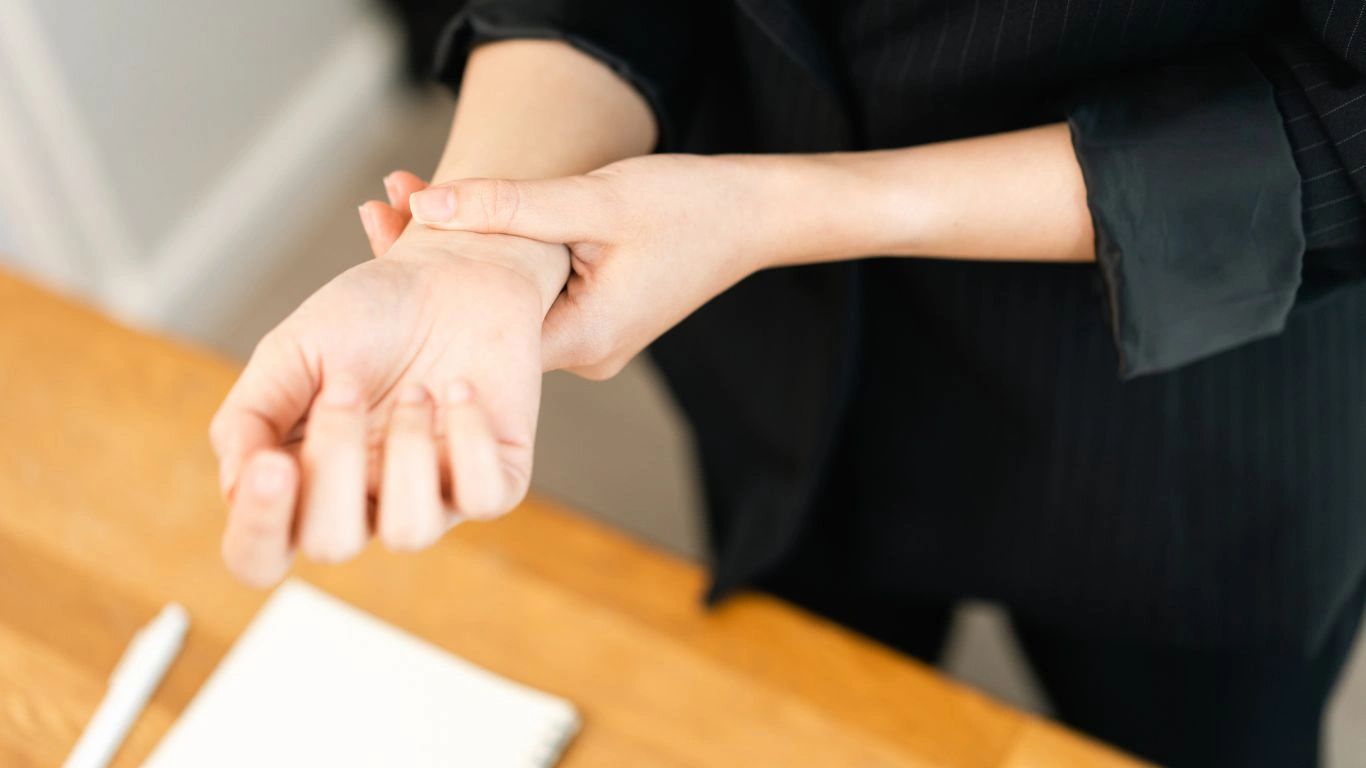
Water Isn’t Just for Thirst—It’s for Symptom Control
RA can mess with your whole system—immune, digestive, even your mental clarity. Hydration supports all of it. I’ve seen patients think their fatigue is purely from the disease, when in reality they’re also chronically dehydrated. And we’re not just talking about guzzling a gallon a day. It’s about steady, consistent hydration that your body can rely on.
What’s neat is that hydration doesn’t only help you feel better—it may actually help you respond better to treatment. Some medications used in RA, like methotrexate, rely on healthy liver and kidney function for metabolism and clearance. Water supports those organs. See where I’m going with this?
These are some of the hydration hacks I’ve recommended over the years, especially for those who “forget” to drink water:
- Keep a water bottle you actually like. Sounds silly, but you’re more likely to drink from something you enjoy using.
- Set hydration reminders. Phones, smartwatches, sticky notes—whatever works!
- Pair water with routines. Wake up? Drink water. Meds? Water. Coffee? Water after.
- Infuse with flavor. Citrus slices, cucumber, mint—it keeps it interesting.
And remember, not all hydration comes from plain water. Herbal teas, broth, even some fruits and veggies (looking at you, cucumbers and watermelon!) can contribute. The key is building a habit that sticks—one that supports your RA management without feeling like a chore.
Hydration as Self-Care in Your RA Journey
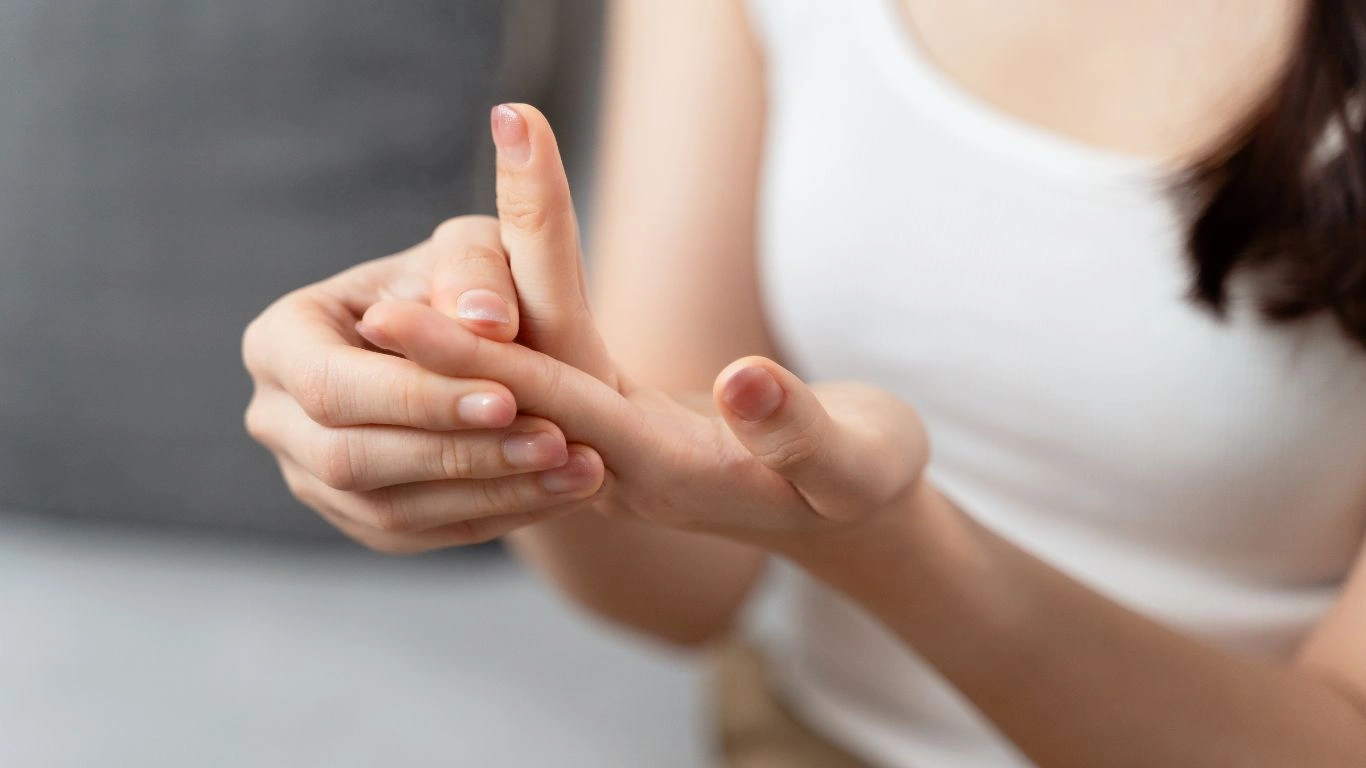
A Small Shift That Makes a Big Impact
I often tell patients that staying hydrated is a simple, no-cost way to take back a little control in a situation that often feels overwhelming. You can’t snap your fingers and erase RA—but you can drink that glass of water right now. That’s power. That’s you taking charge of your care.
In upcoming sections, we’ll dig deeper into hydration strategies tailored for different RA treatments and flare-up stages, but for now, just know this: hydration is not optional—it’s essential.
How RA Medications Interact with Hydration

Water Supports the Meds You Rely On
Let’s talk meds—because if you’re managing RA, chances are you’ve got a regimen that includes DMARDs, NSAIDs, biologics, or all of the above. And guess what? Hydration plays a surprisingly important role in how well these medications work for you and how your body handles them.
Take methotrexate, for example. It’s one of the most commonly prescribed RA drugs, but it’s also taxing on your liver and kidneys. When patients tell me they’re feeling extra nauseated or fatigued after their dose, one of my first questions is, “How much water have you been drinking lately?” Hydration can actually help minimize side effects and improve the medication’s processing in your system.
Same goes for NSAIDs. They already put extra strain on the kidneys, and being even mildly dehydrated increases the risk for kidney irritation or, in some cases, damage. It’s not scare tactics—it’s real-life physiology. Staying hydrated supports your body’s ability to metabolize and clear these medications safely.
The Hydration Checklist for Med Days
For patients on weekly injectables or oral meds, I often recommend a hydration plan that looks something like this:
- Day before: Bump up your water intake to prep your system.
- Day of: Sip consistently throughout the day (not all at once!) and avoid excessive caffeine.
- Day after: Continue hydrating to help flush out any leftover metabolites or reduce headaches/fatigue.
It doesn’t have to be rigid, but building this into your med routine makes a noticeable difference. I’ve had patients come back after just a couple of weeks saying, “Hey, I didn’t feel wiped out this time!”—and it’s almost always linked to better hydration.
RA Flares and Hydration: Is There a Connection?
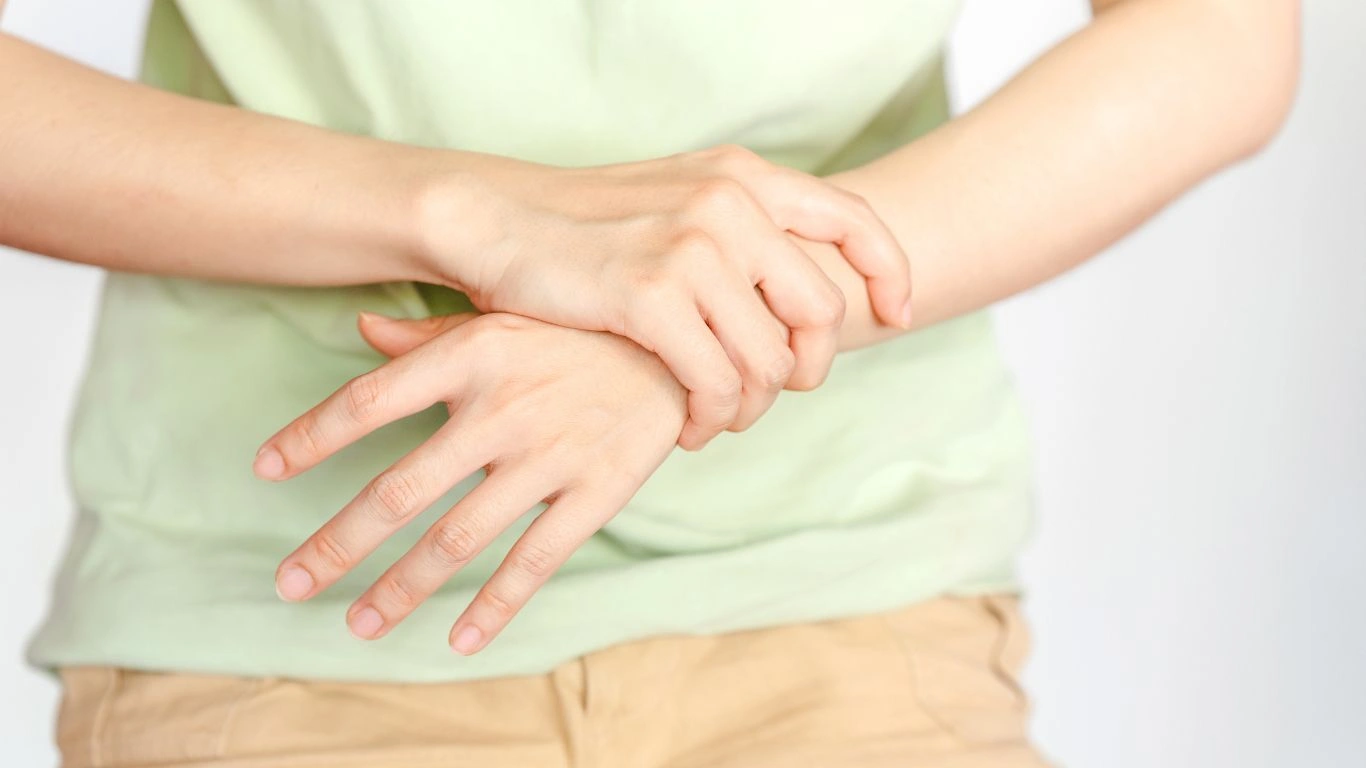
Flares Feel Worse When You’re Dehydrated
RA flares are brutal—random, frustrating, and exhausting. While hydration won’t prevent a flare (I wish it were that easy!), it can absolutely impact how intense it feels and how quickly you recover. When your body is stressed with inflammation, it needs more fluid, not less.
During a flare, inflammatory markers spike, and your body uses up more water in the process. If you’re not replenishing what’s being lost, you might notice:
- Worsened fatigue and brain fog
- Increased joint stiffness and pain
- Slower response to anti-inflammatory treatments
One of my longtime patients calls her flare routine her “hydration hustle”—because the moment she feels one creeping in, she starts doubling down on fluids. Water, bone broth, coconut water—anything to stay ahead of that inflammation wave. And she swears it shortens the recovery window every time.
Don’t Wait Until You’re Thirsty
Thirst is a lagging indicator, meaning by the time you feel thirsty, you’re already mildly dehydrated. That’s especially true during flares, where inflammation can mess with the body’s usual signals. I encourage folks to stay ahead of the curve with small, frequent sips—even if it’s just a few ounces every hour. It adds up!
Signs You Might Be Dehydrated (and Not Know It)
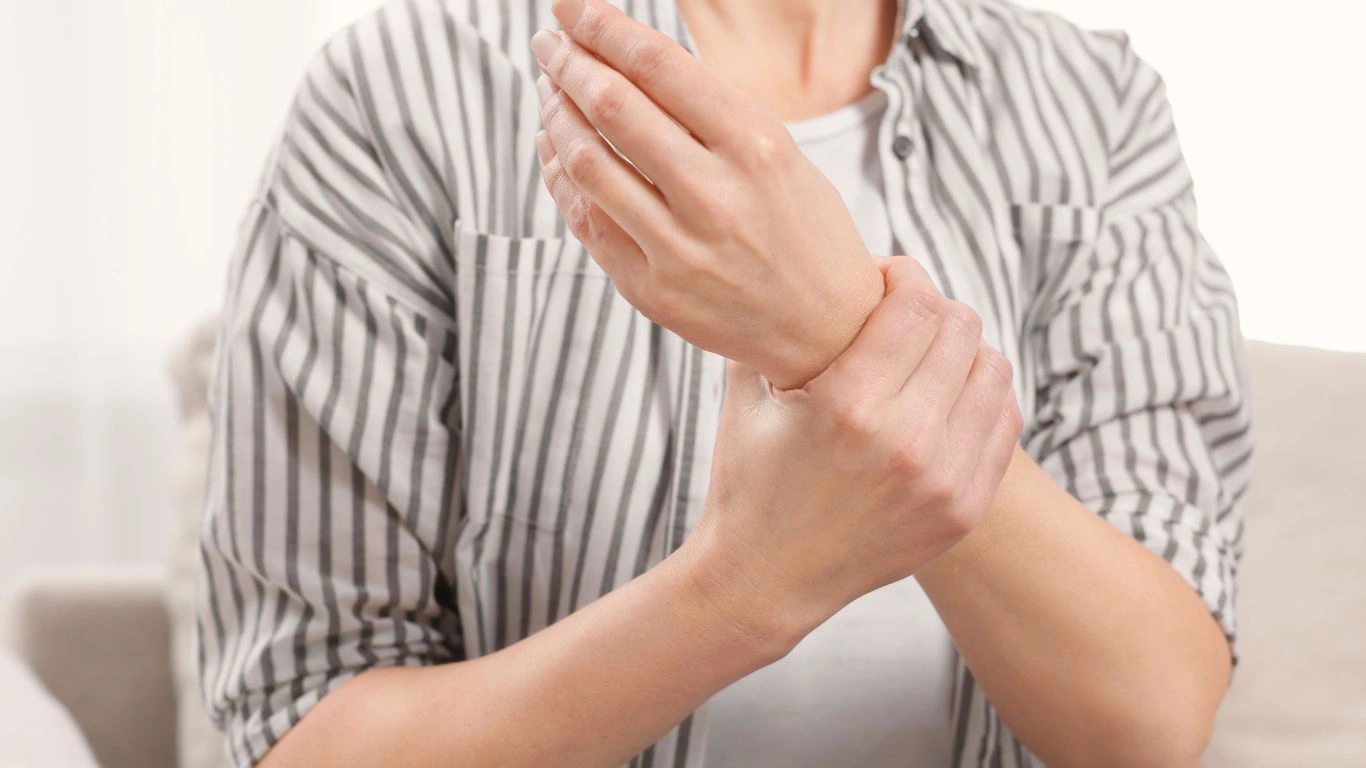
It’s Not Just Dry Mouth and Dark Urine
In clinical practice, I’ve learned that dehydration shows up in sneaky ways. A lot of my RA patients don’t realize they’re under-hydrated because they aren’t experiencing “classic” signs. But here are some overlooked symptoms that often point back to low fluid levels:
- Sudden dips in energy mid-day
- Unexplained headaches or lightheadedness
- Increased joint stiffness, especially in the morning
- Difficulty concentrating or “brain fog”
- Dry eyes or skin flares
Sound familiar? If you’ve been brushing off these symptoms as “just part of RA,” it might be worth doing a hydration check. I sometimes have patients do a “water week,” where they track their intake for seven days and aim to meet a hydration goal based on their weight and activity level. The difference it makes? Honestly, sometimes it’s night and day.
When Water Alone Isn’t Enough
Now, there are times when plain water isn’t cutting it. Especially if you’re sweating more (hello summer flares!) or taking medications that deplete electrolytes, adding in a pinch of sea salt, or sipping on electrolyte-enhanced drinks can help restore balance. Just be mindful of sugar and sodium levels in commercial sports drinks—read those labels!
I like to remind patients: hydration isn’t just about chugging water—it’s about cellular hydration. It’s about your cells having the fluids they need to function optimally, especially under the stress of autoimmune disease. And when you’re living with RA, your cells are working overtime.
Practical Lifestyle Tips to Boost Hydration with RA

Creating Hydration-Friendly Habits
From my years working with people living with RA, I can confidently say that hydration is one of those “simple but not always easy” things. It’s not just about remembering to drink water; it’s about making it part of your lifestyle so it feels natural rather than a chore.
Here’s what I often share with my patients to help turn hydration into a daily habit:
- Start your day with a glass of water. Before you even sip your morning coffee, hydrate first. It kickstarts your metabolism and sets a healthy tone.
- Use visual cues. Place your water bottle where you spend most of your time—on your desk, bedside, or kitchen counter.
- Incorporate fluids into meals. Sip water throughout meals instead of waiting until you’re thirsty afterward.
- Make it social. Drink water with friends or family, or join hydration challenges to stay motivated.
Remember, the goal isn’t to gulp down gallons, but to stay steadily hydrated. I often remind patients that slow and steady wins this race.
Movement and Hydration: A Dynamic Duo
RA and exercise don’t always feel like best friends, but gentle movement is key to managing symptoms long-term. When you’re moving—even just walking or stretching—your body loses fluids faster through sweat, even if you don’t realize it. So, staying hydrated before, during, and after activity is crucial.
During flare-ups, it’s understandable if your activity level drops, but that makes hydration even more important to prevent stiffness and keep your joints as cushioned as possible. I encourage patients to listen to their bodies but never neglect hydration during these times.
Diet, Inflammation, and Hydration: What Works Best Together?

Food as Fuel—and Fluid
Food and hydration go hand-in-hand in managing RA. Many of my patients ask about what to eat and drink to help with inflammation, so here’s the scoop from clinical experience and science combined.
Hydrating foods like cucumbers, watermelon, oranges, and leafy greens add water to your body while providing vital nutrients that can help combat inflammation. Plus, they’re easy on sensitive joints when chewing or prepping is a challenge.
Anti-inflammatory diets rich in omega-3 fatty acids (think salmon, flaxseeds), antioxidants (berries, nuts), and whole grains complement hydration by helping reduce the overall inflammatory burden. I often suggest pairing a tall glass of water with these meals to maximize nutrient absorption and support kidney function.
Avoiding Dehydration Triggers
Certain foods and drinks can actually contribute to dehydration or exacerbate inflammation, so keep an eye on:
- Caffeine and alcohol: Both can act as diuretics, increasing fluid loss.
- Highly processed, salty foods: They can increase thirst but also promote fluid retention and inflammation.
- Sugary beverages: They often lack true hydration value and can worsen inflammation.
Balance is everything. I’m not about strict “rules,” but more about tuning into your body’s signals and experimenting to see what feels best.
When to Talk to Your Healthcare Provider About Hydration
While staying hydrated is beneficial for everyone with RA, certain situations require more personalized advice from your healthcare team. If you experience persistent swelling, sudden changes in urination, or severe fatigue despite good hydration efforts, it’s time to check in with your provider.
Also, some medications and health conditions related to RA—like kidney involvement or heart issues—may require tailored fluid recommendations. As a Rheumatology nurse practitioner, I always emphasize that your hydration needs can evolve, so regular communication with your care team is essential.
References
Disclaimer
This article is intended for informational purposes only and does not replace professional medical advice. Always consult your healthcare provider before making changes to your hydration routine or treatment plan, especially if you have underlying health conditions or are taking medications. Individual needs may vary.

Tarra Nugroho is a dedicated Nurse Practitioner with a strong foundation in family and preventive care. She brings both compassion and clinical expertise to her practice, focusing on patient-centered care and health education. As a contributor to Healthusias.com, Tarra translates medical knowledge into clear, empowering articles on topics like women’s health, chronic disease management, and lifestyle medicine. Her mission is simple: help people feel seen, heard, and informed—both in the clinic and through the content she creates. When she’s not caring for patients, Tarra enjoys weekend hikes, plant-based cooking, and curling up with a good health podcast.

